
Smarter email, faster business.
Trending
Categories
The Future of Aviation MRO: Addressing the Needs of an Aging Aircraft Fleet
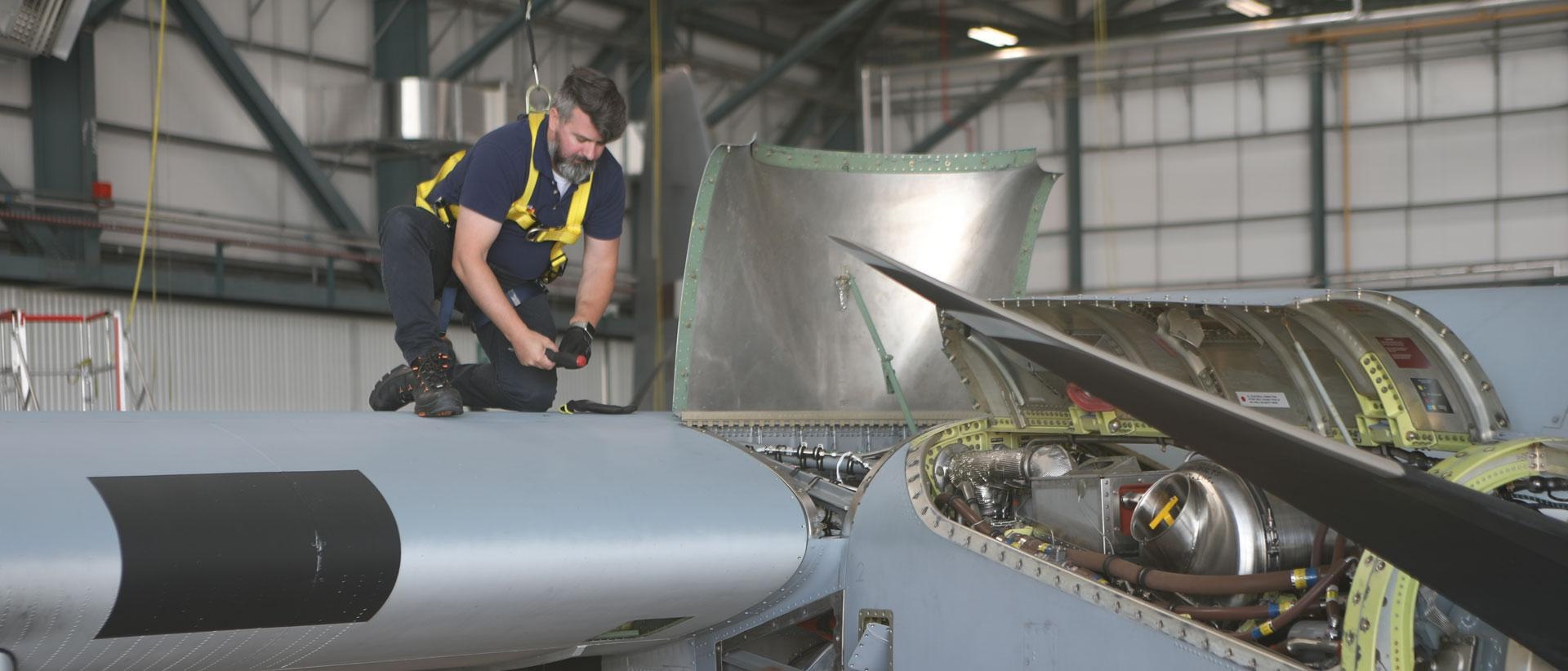
The Future of Aviation MRO: Addressing the Needs of an Aging Aircraft Fleet
The global Aviation Maintenance, Repair, and Overhaul (MRO) logistics market is experiencing steady growth, driven by an expanding aircraft fleet and the increasing complexity of aviation technologies. Valued at approximately US$11.4 billion in 2024, the sector is projected to reach US$15.1 billion by 2030, representing a compound annual growth rate (CAGR) of 4.7%, according to recent industry analyses.
The Critical Role of Aviation MRO Logistics
Aviation MRO logistics involves the comprehensive management of parts, tools, and equipment essential for aircraft maintenance and repair. This encompasses the procurement, storage, and transportation of spare components, as well as the coordination of maintenance schedules aimed at minimizing aircraft downtime. The efficiency of these logistics operations is crucial, as it directly impacts operational performance, safety compliance, and cost management within the aviation sector.
The complexity inherent in MRO logistics stems from the need for precise inventory control, timely delivery of critical components, and strict adherence to regulatory standards. These challenges necessitate sophisticated logistical frameworks to ensure maintenance activities proceed without interruption, thereby safeguarding aircraft availability and operational reliability.
Technological Innovations Driving Transformation
Recent technological advancements are fundamentally transforming the MRO logistics landscape. The adoption of Radio Frequency Identification (RFID) tracking and blockchain technology has significantly enhanced inventory visibility and supply chain transparency, enabling more accurate and secure management of parts and materials. Predictive analytics and data-driven maintenance models have further revolutionized the field by allowing operators to anticipate component failures, schedule proactive repairs, and substantially reduce unexpected downtime.
In addition, the integration of digital tools such as Enterprise Resource Planning (ERP) software and Maintenance Management Information Systems (MMIS) facilitates real-time inventory tracking and streamlines supply chain operations. These systems contribute to more agile and responsive maintenance processes, which are essential for managing the increasing complexity of modern aircraft.
Market Dynamics and Industry Trends
The aviation industry is increasingly relying on specialized third-party MRO providers, including leading firms such as Lufthansa Technik, GE Aviation, and Rolls-Royce. These providers offer extensive global support networks, enabling airlines to outsource maintenance functions and benefit from expert services tailored to diverse aircraft types and operational requirements.
At the same time, the growing size of the commercial aircraft fleet, combined with the sophistication of contemporary systems and materials, is driving demand for advanced MRO logistics solutions. Regulatory and safety pressures continue to intensify, emphasizing the need for robust logistics practices that ensure compliance and uphold the highest safety standards.
Outlook for the Aviation MRO Logistics Market
Looking forward, the Aviation MRO logistics market is poised for sustained growth, supported by increasing global aircraft operations and ongoing technological innovation. Automation, digitalization, and artificial intelligence are expected to play pivotal roles in enhancing maintenance efficiency and reliability. Moreover, the specialized maintenance requirements of increasingly complex aircraft systems will reinforce the critical importance of effective MRO logistics.
Together, these factors confirm that MRO logistics will remain an indispensable component in maintaining the safety, reliability, and operational efficiency of the global aviation industry well into the future.
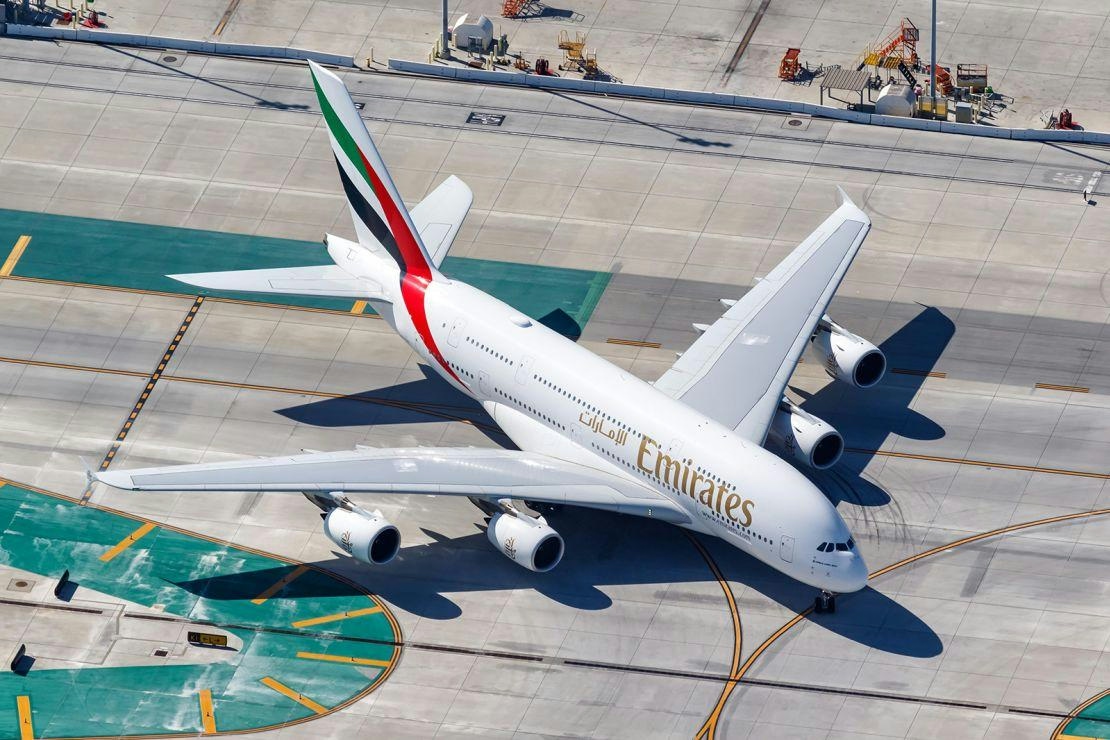
The Oldest Airbus A380 Still in Service
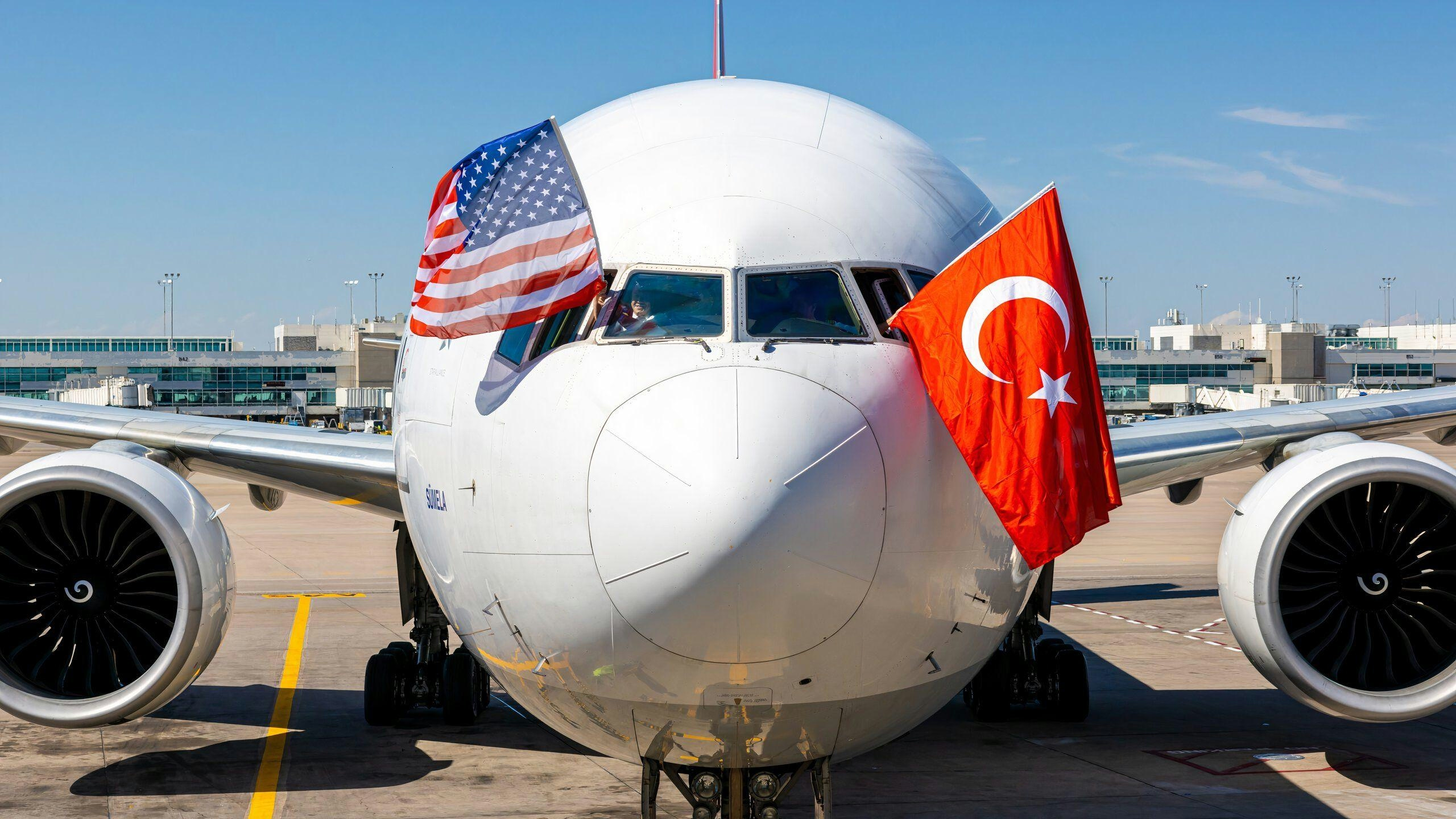
TK Places Order for 225 Boeing Aircraft
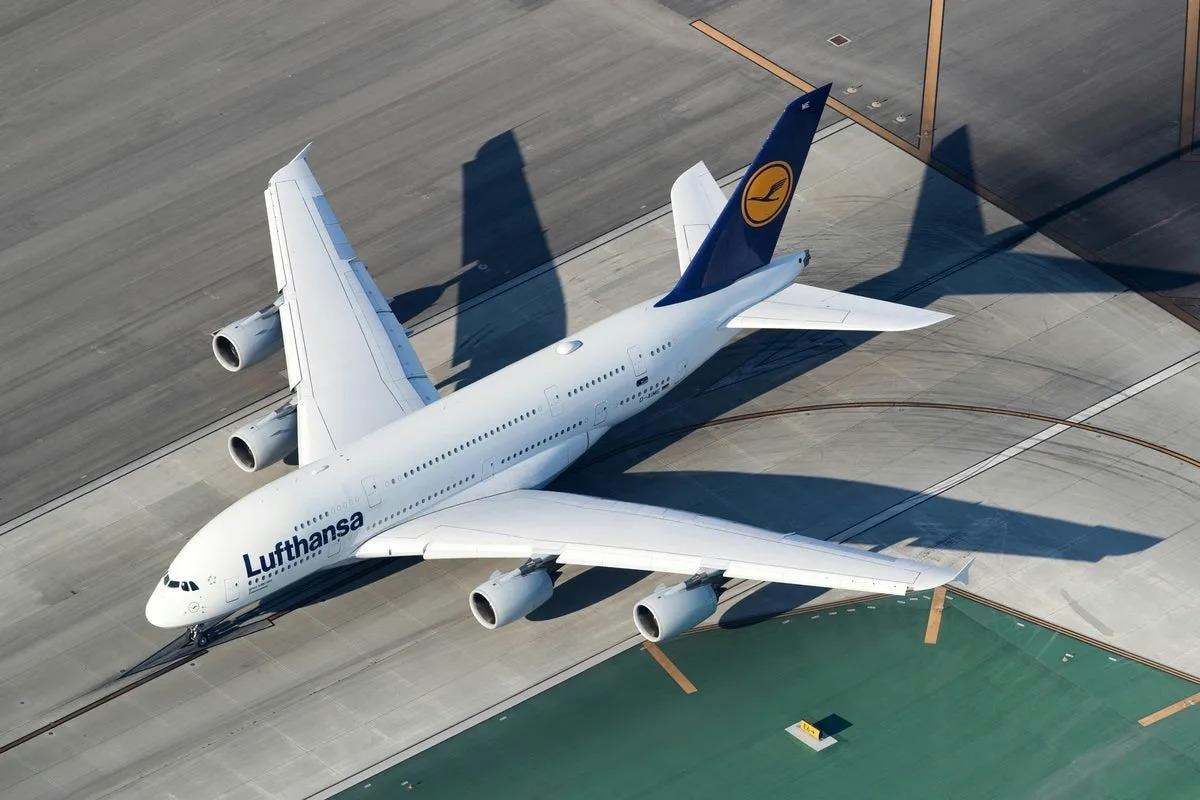
Lufthansa to Cut 4,000 Jobs by 2030 Amid Economic Challenges and AI Integration
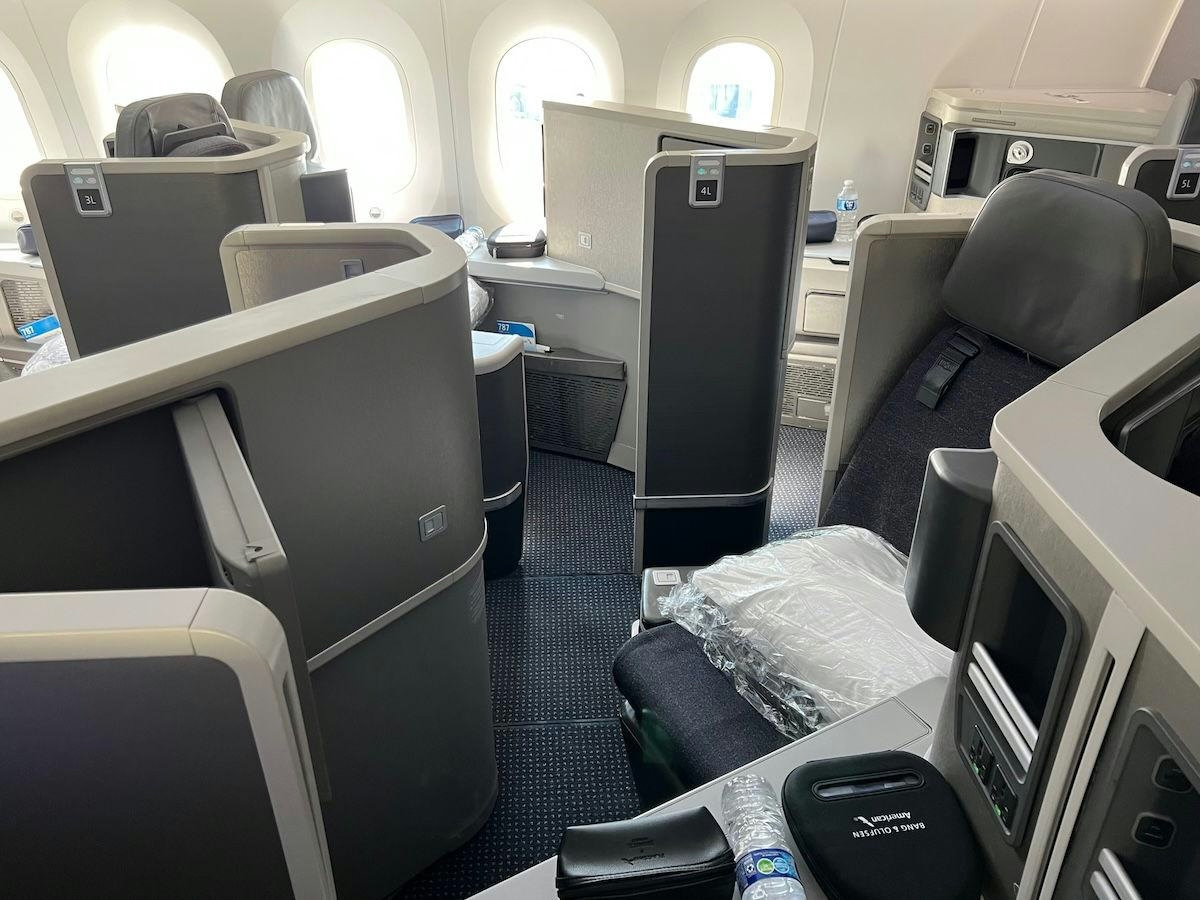
American Airlines’ Five Most Popular Boeing 787 Dreamliner Routes
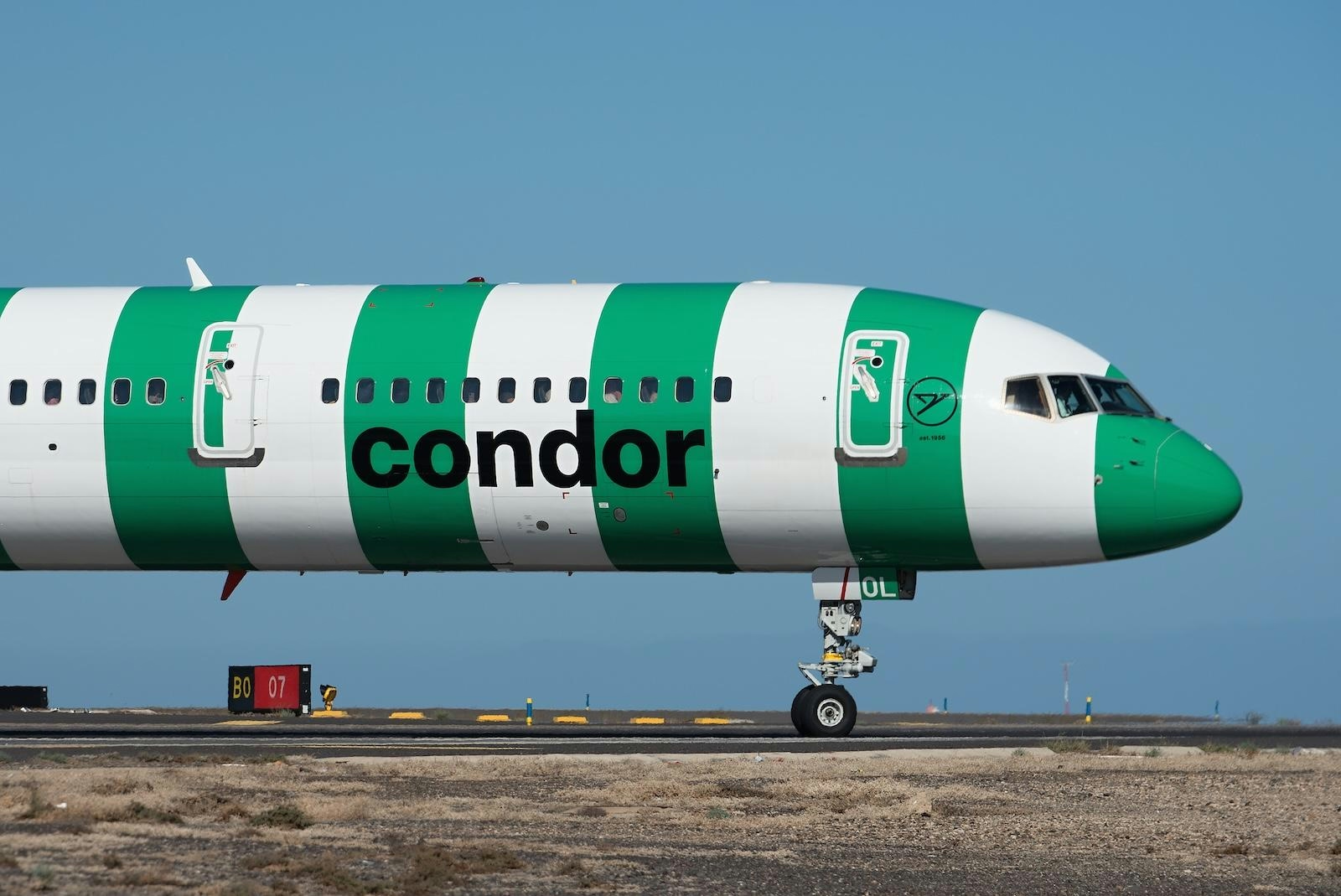
Lufthansa Group to Retire Six Aircraft Types by 2028
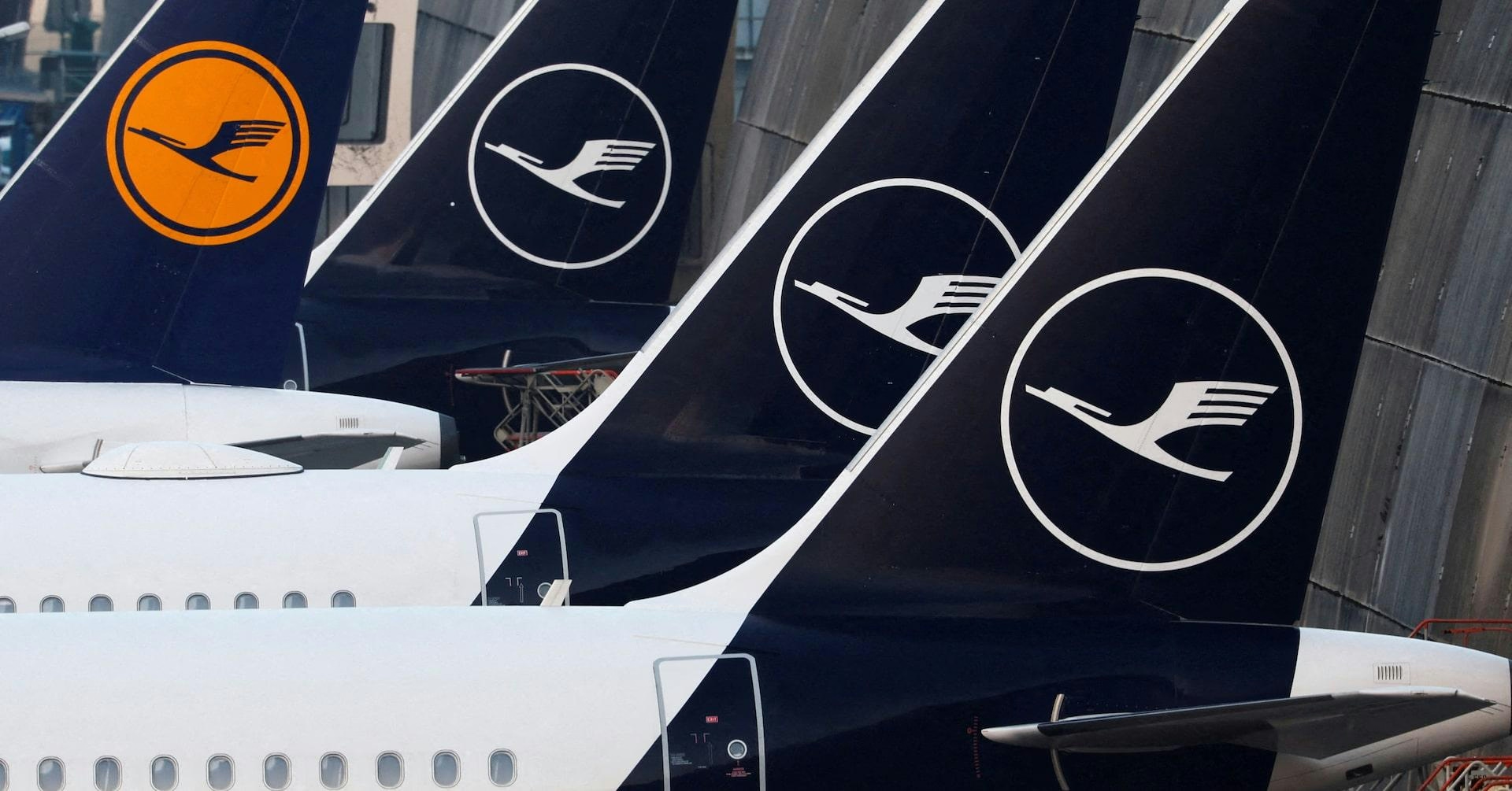
Lufthansa to Cut 4,000 Jobs Amid AI-Driven Industry Changes
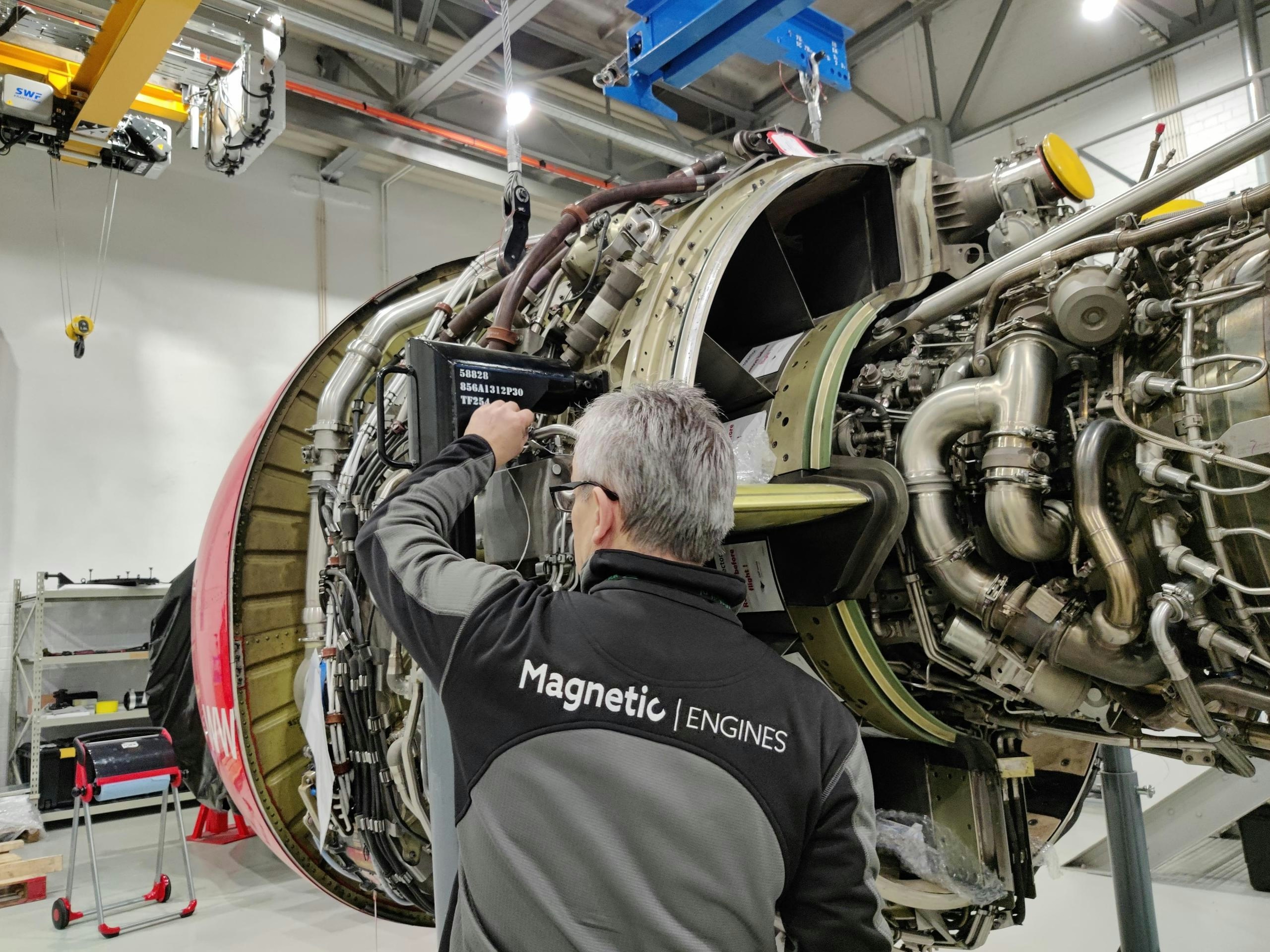
Behind the Numbers: Maintenance Insights on the CFM56-7B Engine
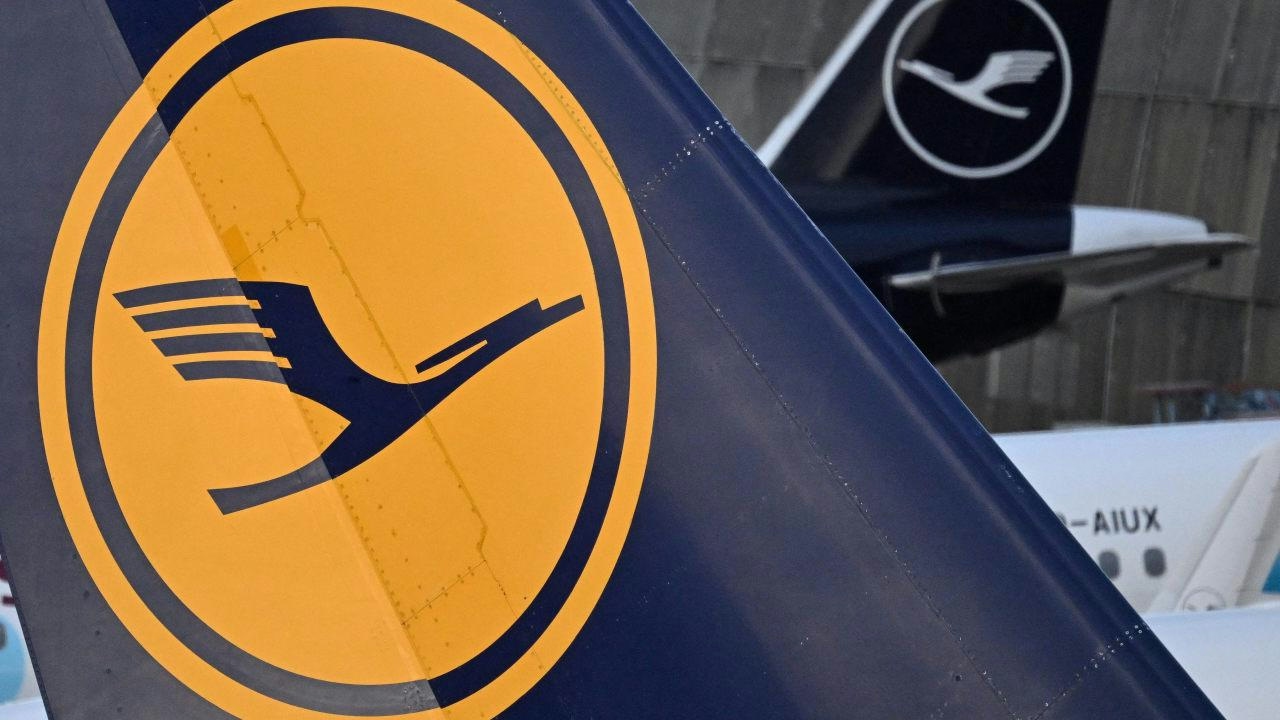
Lufthansa Plans to Cut 4,000 Jobs by 2030 Citing AI Impact

Osaka Selects Soracle and Archer’s Midnight Aircraft as Air Taxi Partners
